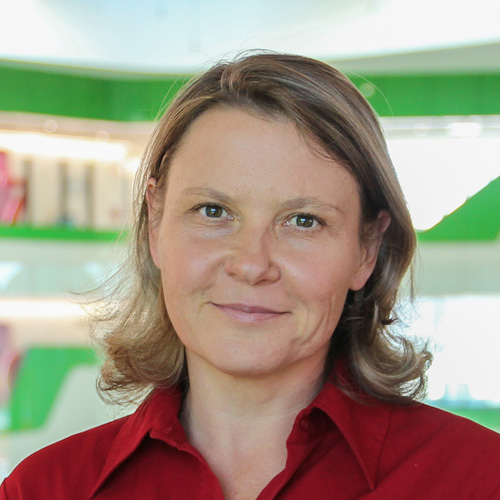The Phage WA Artificial Intelligence (AI) Team is at the forefront of revolutionizing antimicrobial research.
By harnessing the power of AI, they supercharge and automate laboratory processes, accelerating the discovery and development of cutting-edge antimicrobial treatments. Their innovative approach not only enhances the efficiency of traditional laboratory methods but also propels the field toward ground-breaking solutions in the fight against antibiotic-resistant pathogens.
Revolutionizing Healthcare with AI
Artificial Intelligence (AI) is changing how we work in many fields, including healthcare and biomedical research. This powerful technology enables computers to perform complex tasks—such as learning, analysis, and problem-solving—that traditionally required human intelligence. Our team uses AI to quickly analyse large amounts of genetic data to help discover alternate medications and improve existing treatments.
Fighting Bacterial Resistance
Antibiotic resistance is making even minor infections increasingly difficult to treat. Our mission is to harness bacteriophages (phages), viruses that specifically infect and kill bacteria, as an alternative solution. Traditionally, identifying which phages can effectively target specific bacteria is a labour-intensive process that can take many weeks. With AI, we identify a list of efficacious phages in under 24 hours, drastically reducing time and resources.
Speeding Up the Process with AI
AI helps us deliver urgently needed personalised phage treatments much faster, potentially saving the lives of vulnerable patients. Our computational work also reduces the need for expensive lab work and specialised equipment, saving our healthcare systems money.
Watch our Phage AI Lead explain this process to consumers.
Collaborative Research
Our Phage WA research team collaborates with academic institutions, healthcare providers, industry experts, and policymakers. We work closely with doctors to ensure our discoveries are ready to be used in the clinical setting to help treat patients. Additionally, we collaborate with policymakers to incorporate our research findings into public health strategies, specifically driving changes in policy that promote the adoption and integration of phage therapy as a critical tool in combating antibiotic-resistant infections.
Other Work AI Team is Driving
Introducing EPIC: Revolutionizing Drug Testing for Asthma Patients
At the forefront of innovation, our software platform, affectionately named "EPIC" is transforming the way we approach wound repair in asthma patients.
This video demonstrates the automation and quantification of cell trajectories during wound healing for all cells in the video.
![]()
Source: AlphonsG/EPIC-BBox-Cell-Tracking on GitHub
Meet RAINBOW Unveiling the Hidden Dynamics of Cell Motion
Introducing RAINBOW, our innovative AI-driven software designed to revolutionize the analysis of cell motion dynamics in an environment that closely mimics a person’s airways, known as the air-liquid interface (ALI). RAINBOW captures and processes video footage of cell motion, delivering rapid, precise cell dynamics quantifications without the need for human intervention.
RAINBOW computes both the magnitude [0, ∞] (µm) and direction [0, 360°) of motion between adjacent frames, providing detailed insights into cell motility. Beyond just data analysis, Rainbow generates publication-ready reports, making it an invaluable tool for researchers aiming to understand and visualize cell behaviour in respiratory conditions.

Source: AlphonsG/Rainbow-Optical-Flow-For-ALI on GitHub
Harness the power of RAINBOW to explore the intricate world of cell motion dynamics with unmatched speed and accuracy: https://joss.theoj.org/papers/10.21105/joss.04080
Publications
- AI-Driven Cell Tracking to Enable High-Throughput Drug Screening Targeting Airway Epithelial Repair for Children with Asthma
- Rainbow: Automated Air-Liquid Interface Cell Culture Analysis Using Deep Optical Flow
- Airway epithelium respiratory illnesses and allergy (AERIAL) birth cohort: study protocol
Team leader

PhD, MS, BS
Team members (7)

Chris Malajczuk
Postdoctoral researcher

Joshua Iszatt
Postdoctoral researcher

Andrew Vaitekenas
Postdoctoral researcher

Eirian Beswick
Master’s student

Alphons Gwatimba
Software Engineer

Joseph Ho Yin Ho
Data Scientist

Eda Pui
Master’s student

